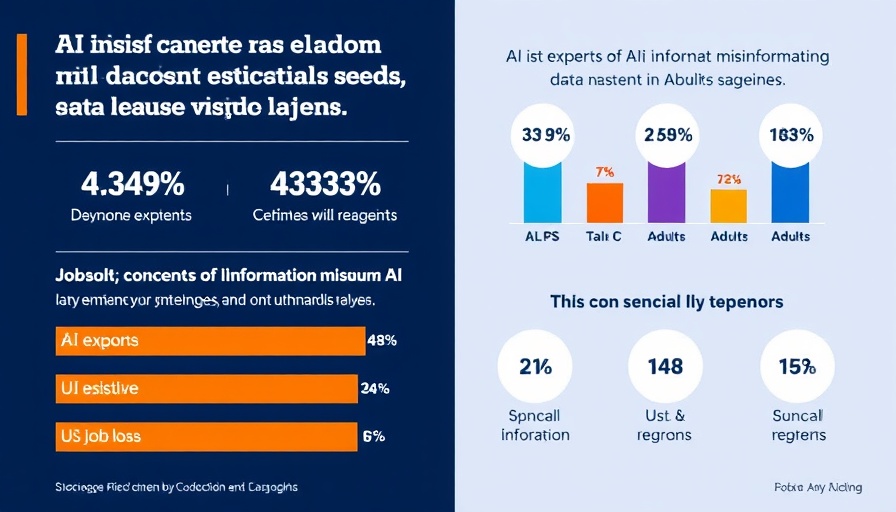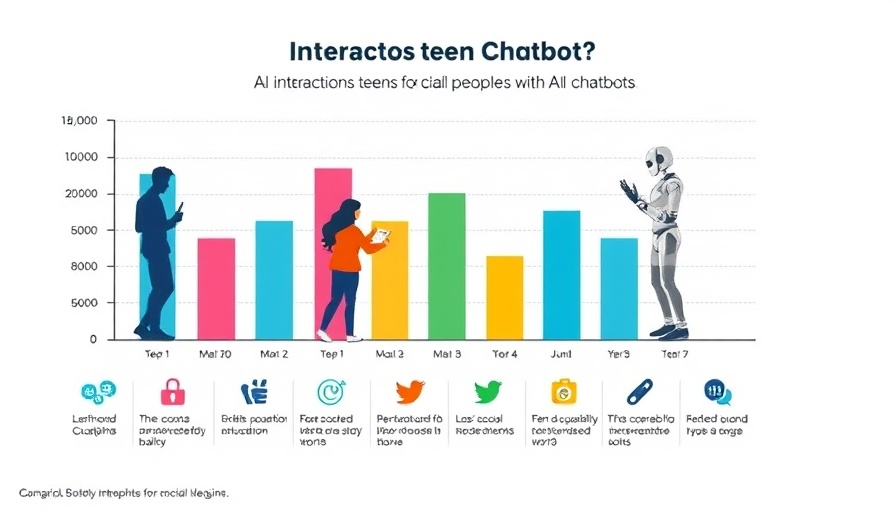
AI: Friend or Foe to Employment?
As artificial intelligence technologies grow more sophisticated, discussions surrounding their impact on employment are growing louder. Many fear that AI-driven tools could lead to widespread job losses, displacing workers across various sectors. However, recent insights from experts in the field suggest a different outlook.
Insights from AI Experts
A report from Statista, based on research conducted by Pew Research Center, reveals that AI experts do not share the same fears as the general public regarding potential job losses due to artificial intelligence. According to the report, these experts tend to view AI primarily as a tool to enhance human productivity rather than a replacement for human labor.
In fact, a significant portion of AI specialists believes that, far from diminishing personal connections, AI can actually facilitate stronger human engagement. They argue that the importance of human creativity, intuition, and emotional intelligence remains irreplaceable by machines.
Unlocking Human Potential: AI as an Enhancer
Rather than viewing AI technologies as job-stealers, many experts believe they represent an opportunity to unlock human potential. By automating repetitive tasks, AI can free up employees to focus on higher-level functions and creative processes. Businesses leveraging AI tools can see enhanced efficiency, leading to increased productivity and ultimately better growth prospects.
This perspective echoes sentiments that say organizations should embrace AI as a partner rather than a competitor. For instance, companies using AI-driven analytics can uncover new market opportunities and tailor offerings to meet customer needs effectively. This approach can drive client satisfaction and ensure businesses stay competitive in a rapidly changing landscape.
Reduction in Concerns Over Job Impersonation
Interestingly, the research highlights that AI experts are less concerned than the general public about issues like AI impersonation and misuse of personal information. While these worries dominate public discourse, those immersed in AI development tend to focus on how these tools can supplement, rather than supplant, the human experience.
This difference in perception can open a dialogue about the ethical implications of AI. As businesses increasingly adopt AI solutions, it becomes crucial to set guidelines and best practices to ensure responsible usage. By alleviating concerns through transparency, organizations can cultivate trust with their clients and stakeholders.
Real-World Applications: A Case Study
Consider the case of a small consulting firm that recently integrated AI tools into its workflow. By using AI for data analysis, they reduced the time spent on mundane reports while allowing their consultancy team to focus on strategic planning for clients. The result? Improved client satisfaction and an uptick in business referrals. Other industries are finding similar trends, where AI tools support and enhance human capabilities rather than replace them.
Future of AI in Business: What to Expect
Looking ahead, it is apparent that AI will continue to evolve. As new tools emerge, business owners should consider how AI can support their strategies for growth and client retention. The collaborative relationship between AI and humans offers exciting prospects for innovation, creativity, and efficiency.
Furthermore, businesses must be proactive in addressing potential risks associated with integrating AI technologies. Training staff on AI tools, fostering an understanding of their use, and promoting ethical practices become essential as firms adopt these technologies.
Final Thoughts: Fostering the Human-AI Partnership
As advancements in AI technology are rapidly unfolding, both potential and concerns are evolving accordingly. Rather than viewing AI as a harbinger of job losses, business owners should embrace it as a collaborative force that enhances human performance. With the right approach, AI can help foster growth, efficiency, and a renewed focus on human connections in the workplace.
Ultimately, businesses that view AI as an enabler rather than a disruptor are poised to thrive amidst technological change. Are you ready to take that leap? Understanding the potentials and challenges of AI will help guide your strategic decisions moving forward.
Next Steps: Engage with AI Technologies
As you embrace the future of work, consider how you can integrate AI in a way that supports your business objectives. Exploring partnerships, training programs, or AI-driven tools is essential in modernizing your operations. Let’s rethink how AI can empower your business and find opportunities for growth.
 Add Row
Add Row  Add
Add 




Write A Comment